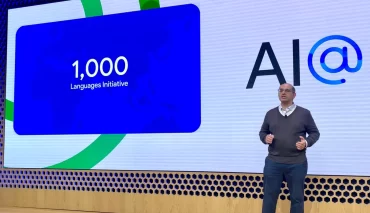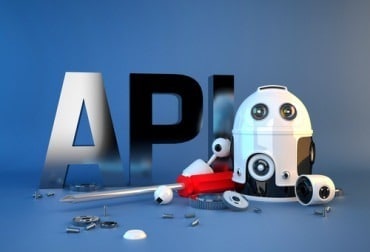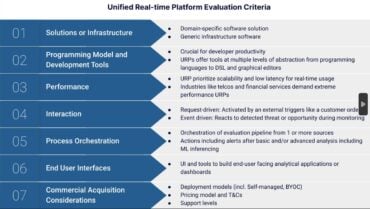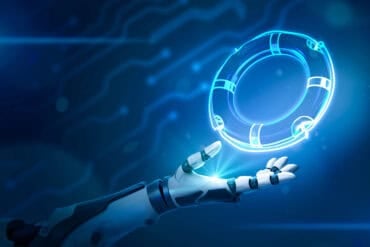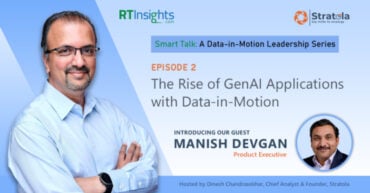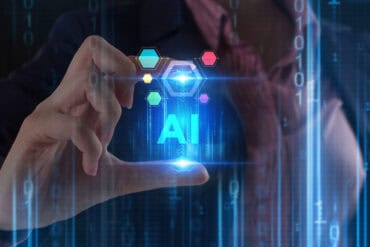
Predictions for 2019 from the team at Salesforce, on how next year could be the year that AI gets automated, but how we’ll still be discussing its impacts.
Here’s a look into the new year with three predictions for 2019 from the team at Salesforce, on how next year could be the year that AI gets automated, but how we’ll still be discussing its impacts.
#1: AI models will accomplish more as multi-task learning becomes more prevalent
More deep learning models will be trained to tackle multiple tasks. As a result, we’ll see more powerful, general and robust models that will be able to predict things they were not explicitly trained on. We have seen a first glimpse of that with zero-shot learning in the MQAN model trained on the decaNLP benchmark and I predict more results will follow along this line of research. A particular application of more general question answering models will be in chat bots where users may ask a variety of different kinds of questions. (Richard Socher, Chief Scientist, Salesforce)
#2: Societal divisions and fear will get worse before it gets better
From filter bubbles and echo chambers in social media to deep fakes in the news and hacking of elections, 2019 will see an increase in the polarization of opinions and distrust of facts and democracy. Absent regulation and the tools to combat bad actors, the public will remain in a war of values. Although some organizations may invest in the tools needed to break the bubbles and fakes, it will take much more to halt the growing division and find ways to bring society closer together. (Kathy Baxter, Architect of Ethical AI Practice, Salesforce)
#3: Most of AI will be automated
Machines can automate anything that can be distilled into a process with a defined outcome. We’ve already seen this with driving, manufacturing and even medicine. As advances in autoML continue, there isn’t much that can’t be automated based on this definition, including most business processes. With this shift, we’ll see researchers and data scientists shift from optimizing models and tweaking parameters, to focusing on new kinds of challenges.
But even as automation takes over, people will always be needed for tasks that require uniquely human capabilities that machines cannot master— creativity, empathy and the concept teamwork. The need for data scientists will only increase as more and more of the processes that run our personal and professional lives are automated, the only difference is that they will be more efficient. (Vitaly Gordon, VP Data Science, Salesforce)
Editor’s Note: Where did the year go? 2019 is almost upon us, and the brightest minds in the real-time analytics space are looking forward to the new year and taking their guess at where they think this space is going. Help us expand the discussion and build out the future of real-time by joining the RTInsights Brain Trust)




